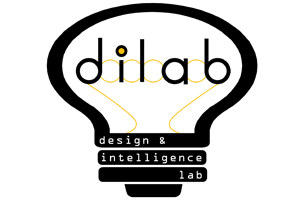Biological systems, in general, are multi-functional and environmentally sustainable.
Thus, a biologically inspired design is posited as leading to multi-functional and environmentally
sustainable designs. Design, in general, is characterized as a problem-driven process. However,
a biologically inspired design also entails the twin process of solution-based design. Previous work
has postulated that the solution-based design process is prone to design fixation but leads to more
multifunctional designs. Design Study Library (DSL) is a digital library of eighty-three cases of
biologically inspired design. We present a preliminary analysis of the DSL case studies to examine
two hypotheses. (1) The process of solution-based design results in more multifunctional designs
than the problem-driven design process. (2) The process of solution-based design is more prone to
fixation than the problem-driven design process. We find strong evidence in favor of the first
hypothesis.

The Design & Intelligence Laboratory conducts research into human-centered artificial intelligence and computational cognitive science, with a focus on computational creativity. Current projects explore analogical reasoning in biologically inspired design, visual reasoning on intelligence tests, meta-reasoning in game-playing software agents, and learning about ecological and biological systems in science education.


